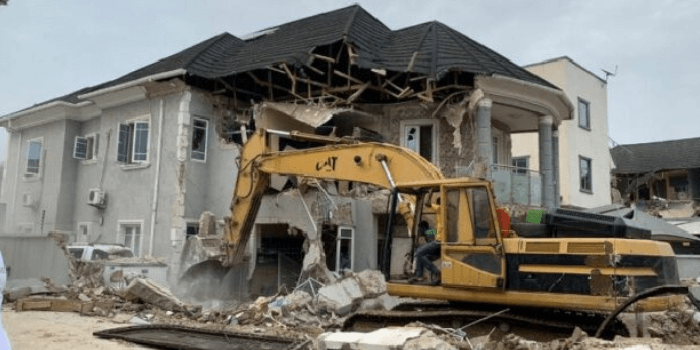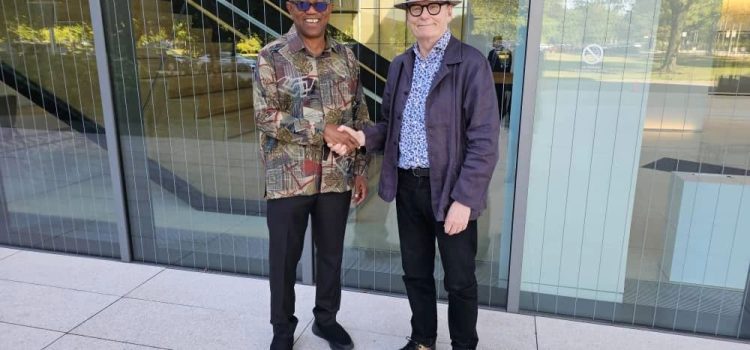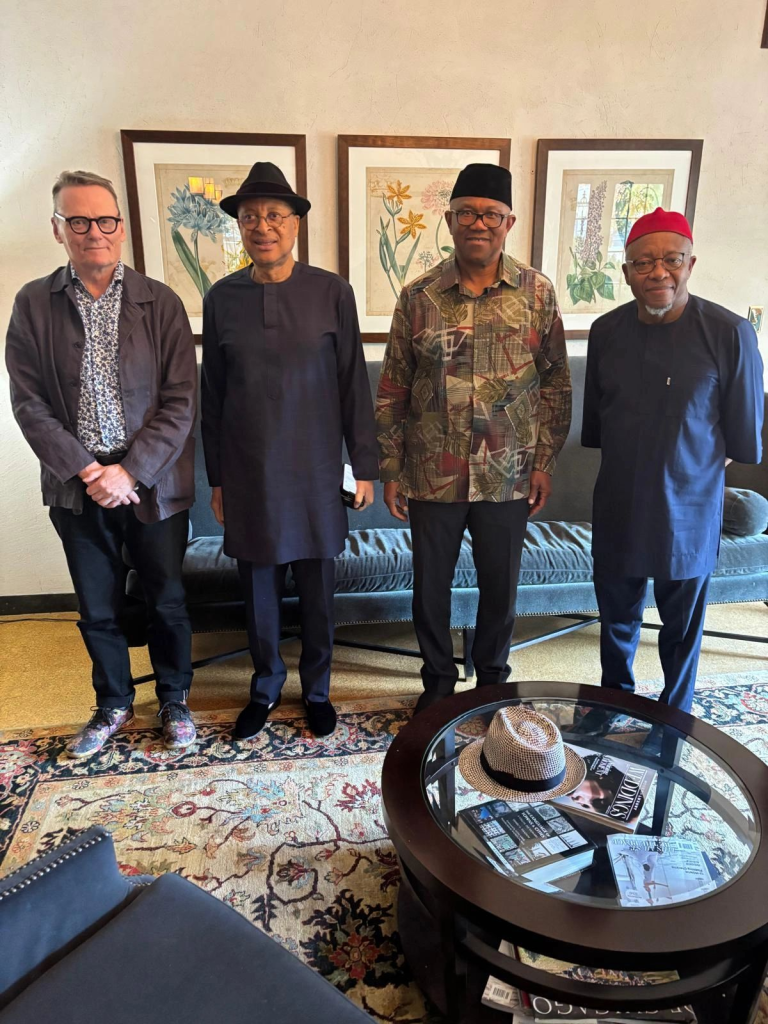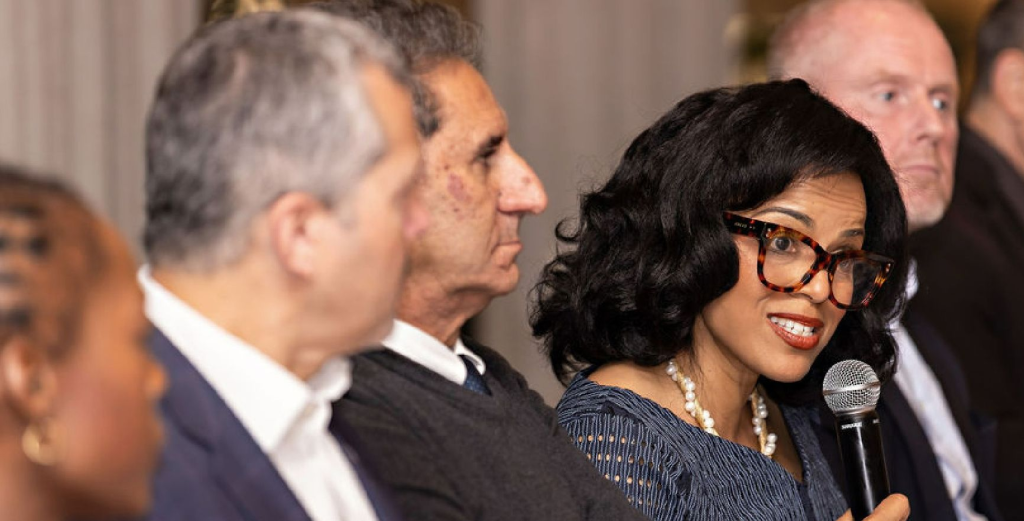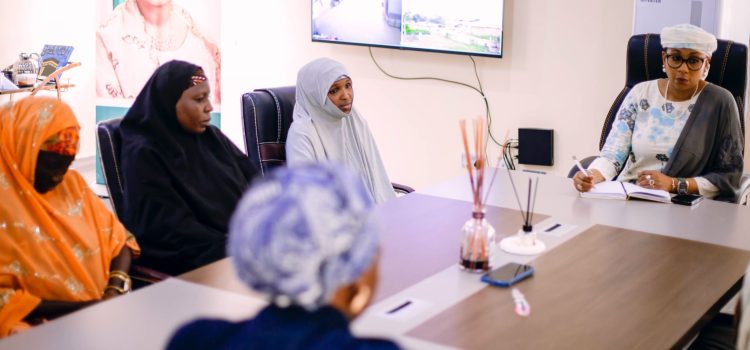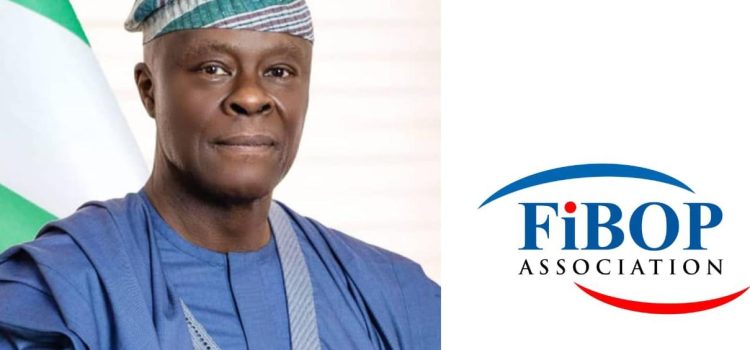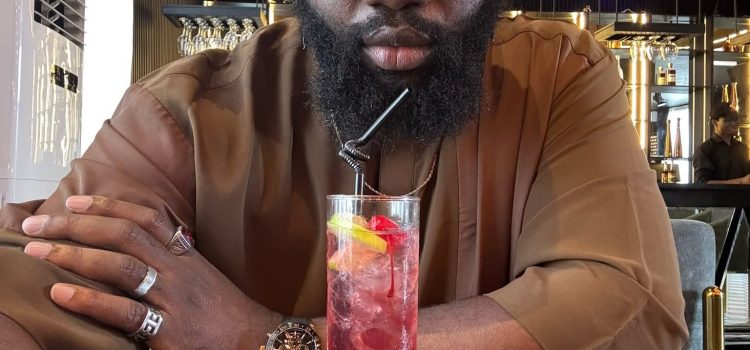In recent months, Lagos State has witnessed an unsettling wave of house demolitions. Streets that once bustled with life now bear the scars of broken walls and shattered dreams. For many families, these were not just structures of brick and mortar; they were homes built from years of savings, sweat, and hope.
The consequences of this trend go beyond the rubble that lines our streets. It chips away at the very image of Lagos as a vibrant, forward-looking megacity. Investors—both local and international—are watching closely. What they see is a real estate market struggling to inspire confidence, weighed down by the perception that the rules can change overnight, and properties deemed safe today can be demolished tomorrow.
This uncertainty has cast a long shadow over the once-booming Lagos property market. Developers are sitting on rows of unsold houses. Estates that were once buzzing with prospective buyers now stand eerily quiet. Those with disposable income—traditionally the lifeblood of real estate—are stepping back, preferring to wait and see how far the demolition exercise will go before committing their capital.
For many families, the impact is deeply personal. Imagine a couple who invested their life savings into building a modest duplex in a new estate, only to wake up one morning to the sound of bulldozers and officials declaring their dream home illegal. Or the small-time developer who took a bank loan to complete a set of terrace houses, only to find potential buyers backing out because they fear the government might one day come for the property. These stories are not rare—they are becoming frighteningly common.
The ripple effect of all this is profound. Beyond the emotional toll on homeowners, the market is stagnating. Developers are unable to sell, banks grow more reluctant to finance real estate projects, and the wider economy suffers as jobs in construction, sales, and ancillary services dwindle.
It would be unfair to suggest that regulation is unnecessary. Lagos, like any thriving city, needs strong oversight to ensure urban planning and environmental standards are met. But there is a right way to do this. Regulation should be proactive and compassionate—carried out with a human face, not the blunt force of bulldozers.
If a property violates planning laws, homeowners deserve transparent communication, adequate notice, and access to fair hearings. It is also the duty of the government to ensure that approvals are genuine and that officials who grant dubious permits are held accountable. Ordinary citizens should not be left to bear the brunt of systemic failings.
Lagos prides itself on being Africa’s commercial hub, a magnet for investment and innovation. Yet the current climate of fear and uncertainty in the real estate sector sends the wrong signal to investors who could help the city grow. A dull, stagnant property market benefits no one—not the government, not developers, and certainly not the families who dream of homeownership.
The Lagos State Government has a unique opportunity to rebuild trust. By prioritising empathy, transparency, and due process, it can transform the real estate sector from one paralysed by fear into one brimming with opportunities.
In the end, real estate is not just about buildings—it’s about people: the young couple saving for their first home, the developer employing hundreds of workers, the investors whose funds can boost the economy. Regulation must protect these dreams, not crush them beneath the weight of bulldozers.
By Anthony Emeka Nwosu

